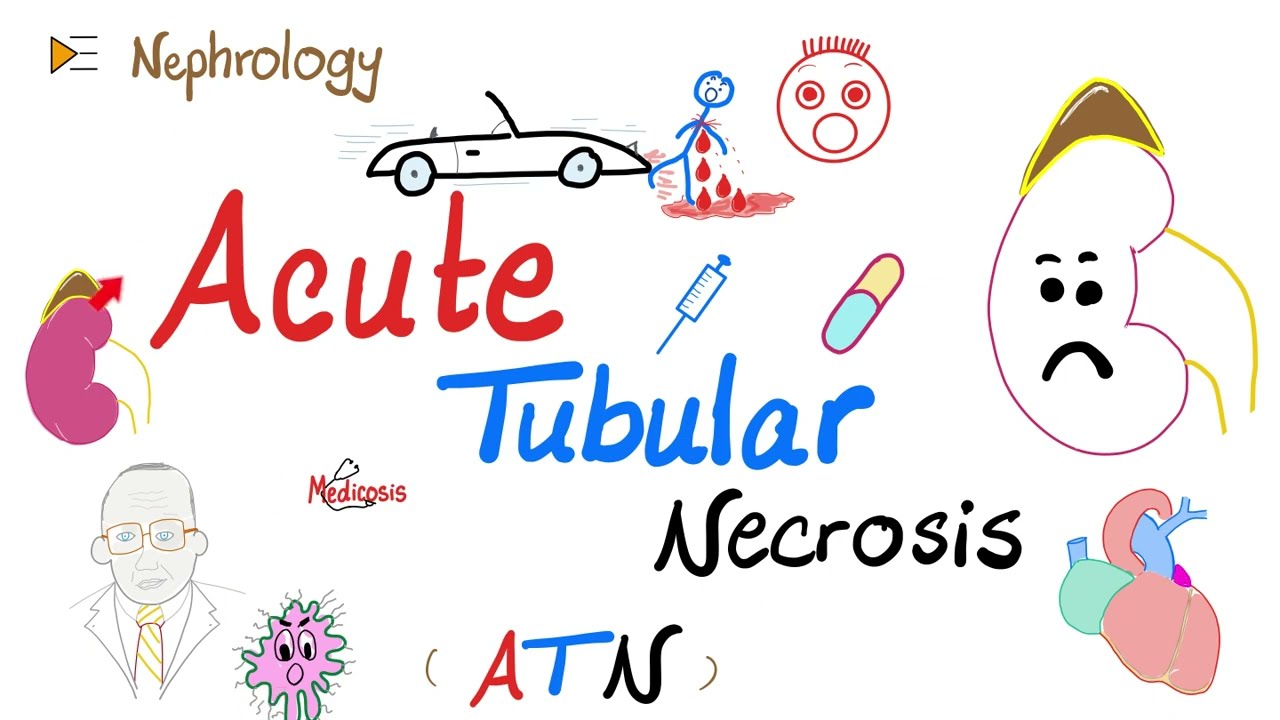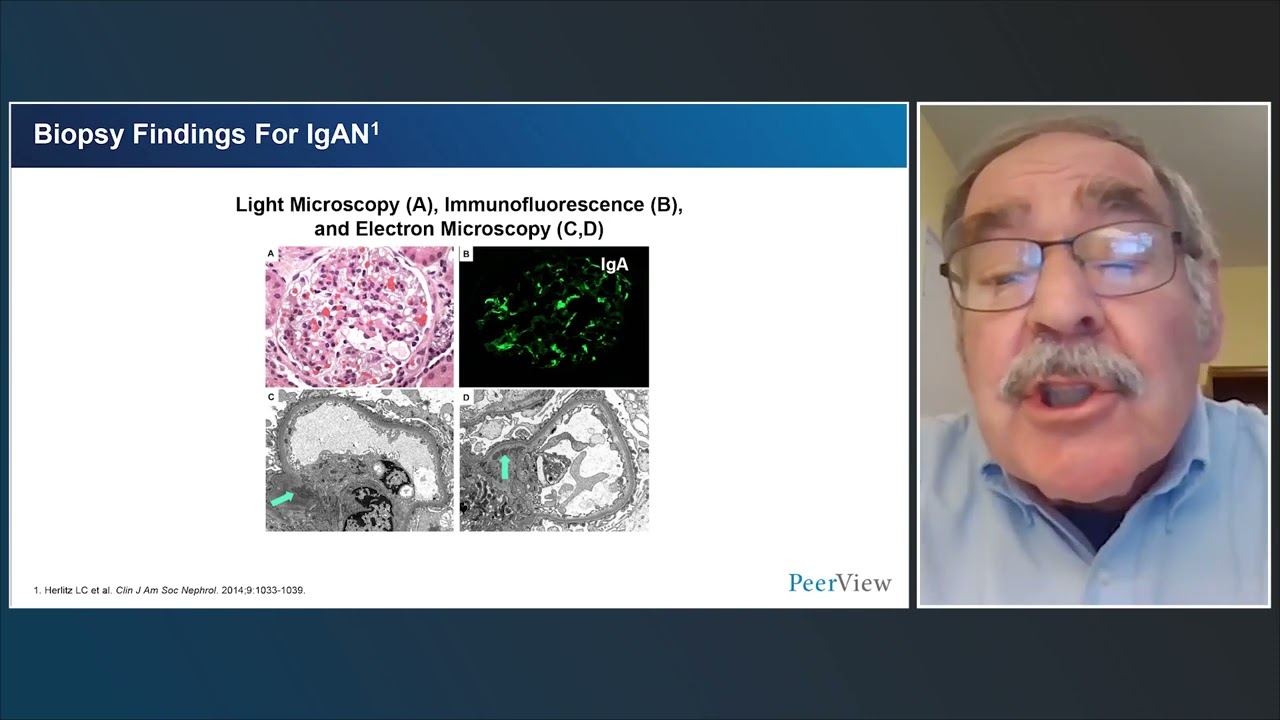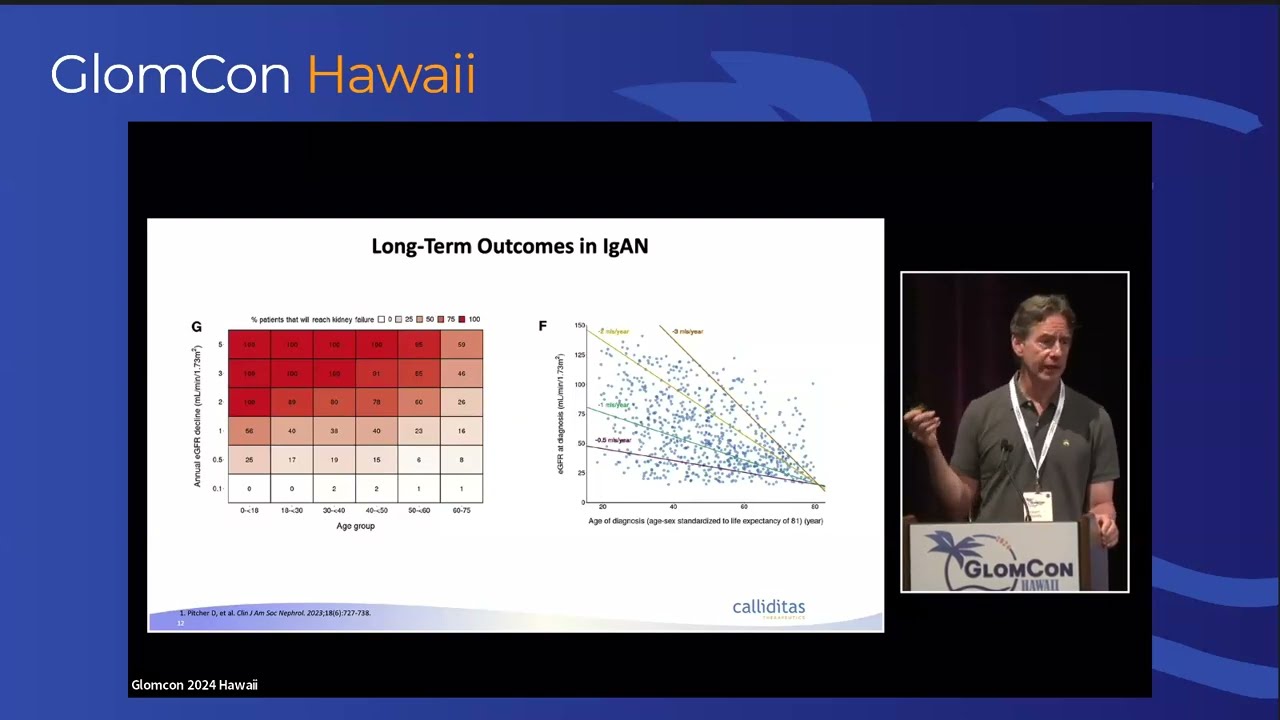The Nephrology Channel
June 4, 2012 • Nephrology, Oncology, Reuters Health • The Doctor's Channel Newscast, Surgery, Urology
NEW YORK (Reuters Health) – For localized renal tumors, partial nephrectomy confers a survival advantage and a lower risk of severe chronic kidney disease (CKD) after surgery, relative to radical nephrectomy, according to a new comprehensive meta-analysis of relevant research.
The current study supports partial nephrectomy as the “current standard of care for the management of small renal masses,” Dr. Bradley C. Leibovich, Department of Urology, Mayo Clinic, Rochester, Minnesota, who worked on the analysis, told Reuters Health.
“Recently,” he explained, “a European study was published with contradictory results. EORTC 30904 was a prospective randomized trial of partial versus radical nephrectomy and in that study there was no overall survival advantage to partial nephrectomy and a suggestion of advantage to radical nephrectomy. However, the study has been criticized for numerous reasons including the fact that final patient accrual was less than one-half of planned participation.”
To investigate further, Dr. Leibovich and colleagues performed a systematic review and meta-analysis of the comparative effectiveness of partial and radial nephrectomy for all cause and cancer specific mortality and CKD.
According to a paper online May 14 in the Journal of Urology, the researchers searched Cochrane Central Register of Controlled Trials, MEDLINE, EMBASE, Scopus and Web of Science from inception through February 2011, identifying 36 relevant studies to include in their analysis.
The studies included a total of 41,010 patients who underwent surgery for localized renal tumors; 31,729 (77%) had radical nephrectomy and 9,281 (23%) had partial nephrectomy. Of the 36 studies, 21 had all-cause mortality data, 21 had cancer-specific mortality data,and 9 described CKD severity after nephrectomy.
According to pooled estimates, partial nephrectomy correlated with a 19% risk reduction in all cause mortality (hazard ratio 0.81; p<0.0001), a 29% risk reduction in cancer specific mortality (HR 0.71; p=0.0002) and a 61% risk reduction in severe CKD (HR 0.39; p<0.0001).
“However, the pooled estimate of cancer specific mortality for partial nephrectomy was limited by the lack of robustness in consistent findings on sensitivity and subgroup analyses,” the authors note in their paper.
Dr. Leibovich told Reuters Health, “Our study is a rigorous review of the available literature to date on the topic and showed important advantages to partial nephrectomy. Unfortunately, the quality of the data overall is poor from all studies and it is difficult still to be certain what is best. We need better prospective randomized trials to answer the question, however, as shown by the European trial these are very challenging studies to conduct and complete.”
“For now, we recommend that any patient with a renal mass seek an experienced urologist who can help the patient assess the pros and cons of each approach, discuss other treatment options, and make an individualized recommendation,” Dr. Leibovich added.
SOURCE:
Comparative Effectiveness for Survival and Renal Function of Partial and Radical Nephrectomy for Localized Renal Tumors: A Systematic Review and Meta-Analysis
J Urol 2012.








